Intermediate committee
The European Council is one of the supreme institutions at the heart of the European Union. Created in 1974 and made an official EU institution in 2009, it brings together the leaders and heads of state and government of the member states. The Council defines the EU’s political priorities, but does not adopt legislation. They also deal with the complex and sensitive issues facing the European Union, including challenges to its strategic interests and defense. It thus represents the highest level of political cooperation between member countries.
Main theme: Regulating cyberspace
Topic A: European defense: what level of European cooperation in the face of cyber-risks?
Topic B: Protecting human beings in cyberspace.
What is a crisis committee?

A crisis committee is a decision-making body that has more power than a traditional committee. Whilst General Assemblies recommend and build consensus, focusing on creating and refining frameworks for the nations party to align their actions, crisis committees produce direct action in response to urgent crises. This means that the body has power unto itself that does not need to be granted by the obedience of its members. Crisis is also more dynamic and fast-paced than traditional committees, so each delegate is incredibly influential. In your preparation, it is helpful to understand the committee’s basic history and scope of power. Crisis committees usually take place during a critical point in history. However, nothing is guaranteed to happen, so do not spend too much time trying to predict the future. Instead use your powers to shape it.
Please find the Study Guide bellow
